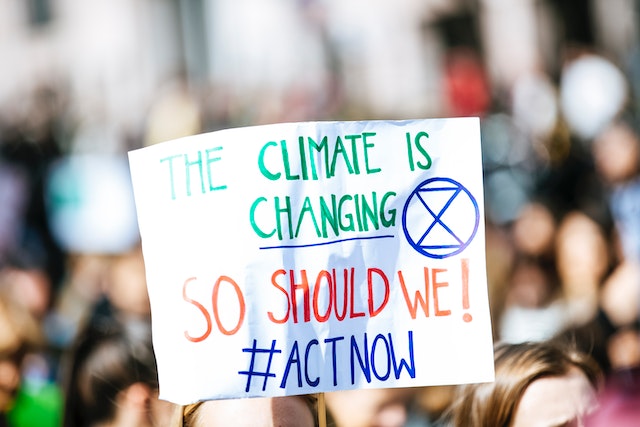In the year 2020, Eurodesk and ERYICA published Greening Youth Information Services. This is the guide which aims not only to respond to the expectations, interests and requests of young people but also to anticipate their needs and develop preventive measures,to explore the role of youth information work in the context of the climate emergency, to raise awareness about the importance of greener youth information strategies and youth programmes among service providers and policymakers and – finally – to provide concrete tips and examples of good practices. The publication is complemented with policy recommendations, examples of non-formal education activities and a green glossary.[1]
The driving force of youth is very important and policy & decision makers should support it in seeking “contractors” of the nowadays right ideas and plans concerning climate emergency. It has been known for a long time that young people are efficient in their activities. What factors determine it? First of all, they are still untainted by conventions, artificial principles, they are full of enthusiasm and have the courage to express and defend their views, and finally – unlike the elder generations – they were born and brought up in a world deeply endangered in terms of ecology, so their pro-ecological awareness is natural and at a very high level. They have passion, creativity and admirable commitment to the cause and what is most important: todays youth will be the decision makers in the future. They will be able to build and be a part of climate conscious society. Thanks to this, they will ensure comprehensive and universal climate change education and climate literacy. The main objective would be to empower people of all ages with the knowledge, skills, values and attitudes to address climate change: education should have a holistic approach and promote a huge changes in lifestyles, attitudes, and behaviour, in fact in every aspects of human’s life, ensuring climate-neutrality and fight for stopping the climate change. Actually, this is the aspect of raising awareness on climate change adaptation and mitigation for each person in the world.
It is encouraging that the European Union shares this view and believes in the driving force of youth.
On 14thof September, 2022 State of the Union Address by President Ursula von der Leyen, the following words came out: “(…)Three weeks ago, I had the incredible opportunity of joining 1,500 young people from all over Europe and the world, who gathered in Taizé. They have different views, they come from different countries, they have different backgrounds, they speak different languages. And yet, there is something that connects them. They share a set of values and ideals. They believe in these values. They are all passionate about something larger than themselves. This generation is a generation of dreamers but also of makers. In my last State of the Union address, I told you that I would like Europe to look more like these young people. We should put their aspirations at the heart of everything we do. (…)” [2]
Young people are insisting on actions, they do not want to deal with the consequences of global inaction in this crisis for our planet. They are often accusing the decision makers of ignoring the climate emergency facing their generation. The climate is priority area of action for young people and they are eager to engage in action to address the climate emergency. Their awareness is really mature: they believe their generation can create solutions. For example, while seeking the job they would consider the environmental impact of the company or sector while choosing one or would be interested in a green job which helps tackle climate change.
Summarizing briefly and bluntly: to go green is youth social responsibility.
[1]https://www.eryica.org/green-policy
[2]https://ec.europa.eu/commission/presscorner/detail/ov/speech_22_5493


